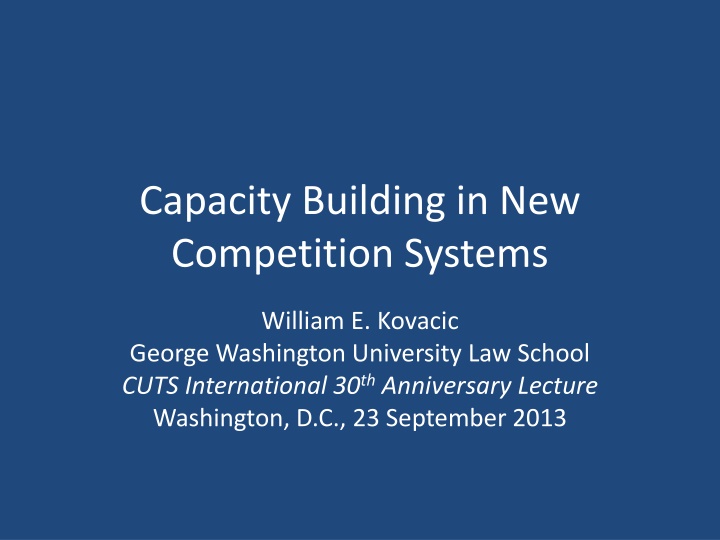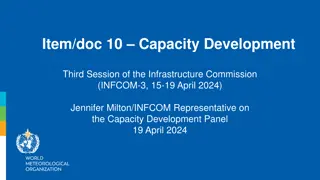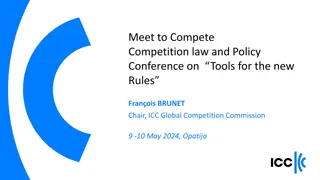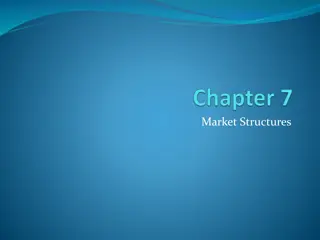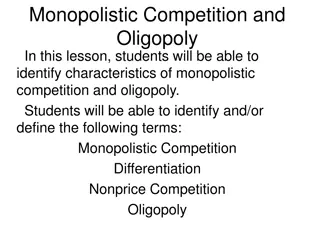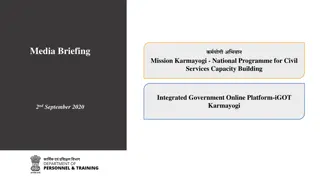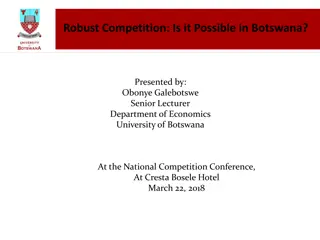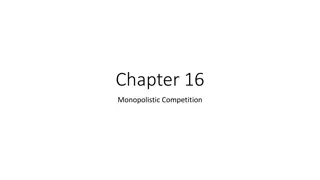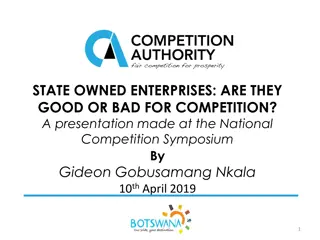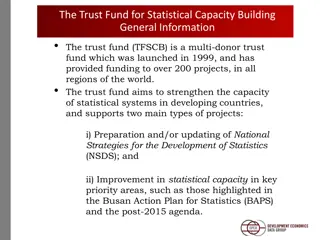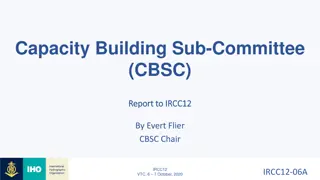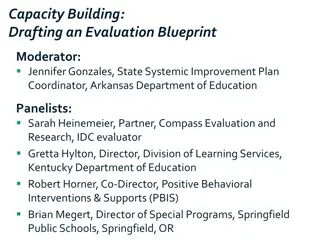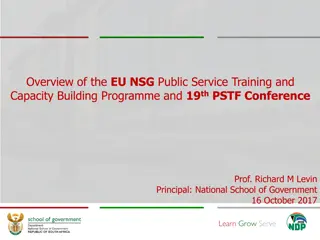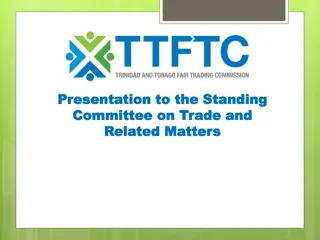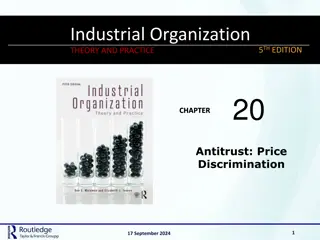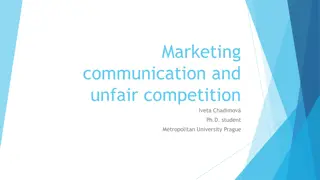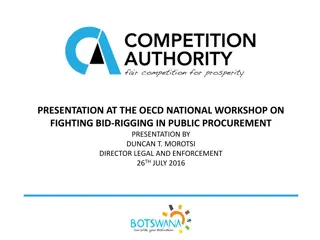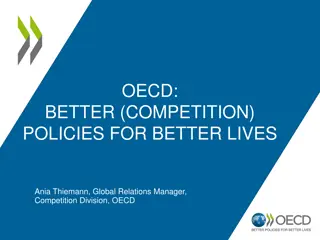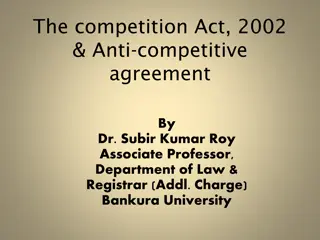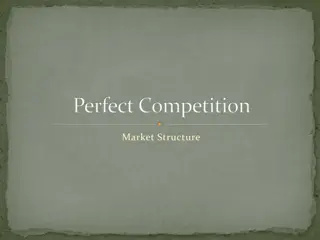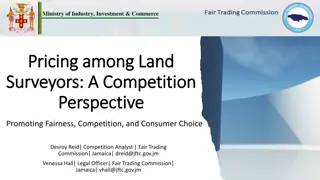Capacity Building in New Competition Systems
Explore key concepts, knowledge types, and skills for enhancing competition systems. Uncover the importance of human capital in agency leadership and learn about the life cycles and challenges of competition systems.
Download Presentation

Please find below an Image/Link to download the presentation.
The content on the website is provided AS IS for your information and personal use only. It may not be sold, licensed, or shared on other websites without obtaining consent from the author.If you encounter any issues during the download, it is possible that the publisher has removed the file from their server.
You are allowed to download the files provided on this website for personal or commercial use, subject to the condition that they are used lawfully. All files are the property of their respective owners.
The content on the website is provided AS IS for your information and personal use only. It may not be sold, licensed, or shared on other websites without obtaining consent from the author.
E N D
Presentation Transcript
Capacity Building in New Competition Systems William E. Kovacic George Washington University Law School CUTS International 30thAnniversary Lecture Washington, D.C., 23 September 2013
This Evenings Agenda Necessary Capacity Emphasis here: human capital Building It: What Works, What Needs Work Contributions of CUTS Contact: wkovacic@law.gwu.edu
Capacity: Six Types of Knowledge Concepts of Competition Law and Economics The Local Economy and Business Skills Training Agency Administration Agency Leadership Competition System Life Cycle Phenomena
Concepts Competition Law Goals Substantive Commands Tradeoffs and choices in the national statute Industrial Organization Economics
Local Economy and Business General Economic Conditions Sector-Specific Knowledge Firm Behavior
Skills Training Case Development and Management Investigation methods: e.g., interviews, Drafting legal instruments: complaints, orders Analysis, testing , presentation of evidence Advocacy and Report Writing
Agency Administration Organization Human Resources Information Management Ethics and Conflicts Confidentiality and Disclosure Public Relations Evaluation
Leadership Strategy Priorities Outreach Interaction with the Political Process Relations with Other Government Agencies Special Case: Multi-member Governance
Life Cycles: What to Expect and How to Deal With It Predictable Phenomena Challenges to authority Staff turnover Transitional discontinuities Realistic Expectations Measurement Benchmarks
Capacity: How to Build It Hits Misses Off the rack programs Unconnected one offs The wrong team Rookies, out of position Foreign orientation only Unrelated conditions Personality mismatch External advisors only Giant conferences Link aid to needs Long term engagement Right Team Relevant experience Local knowledge Similar conditions Suitable personality Local co-production Small group discussion
Trends What s Getting Better Project Design Longer term view More follow up Better benchmarking Teaching materials Practical orientation Regional specialization Focus on sensitive issues Linking experience bases What Needs Work Donor cooperation Schedules Projects Outcomes Credit-claiming Choice of advisors Institutional memory Using local knowledge
CUTS: Contributions Microeconomic Research Projects Attention to Local Conditions Long-Term Engagement Invoking Comparative Perspectives
